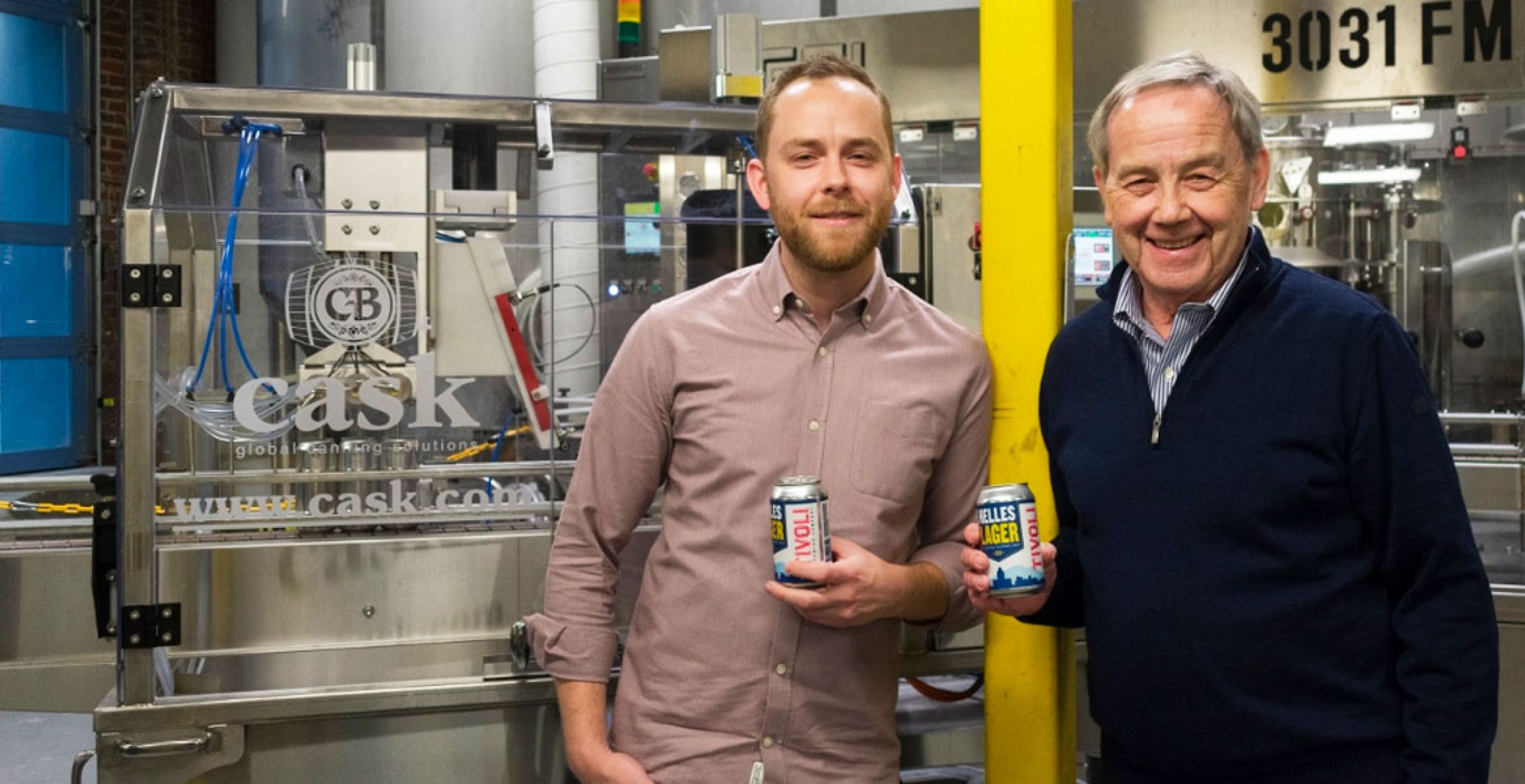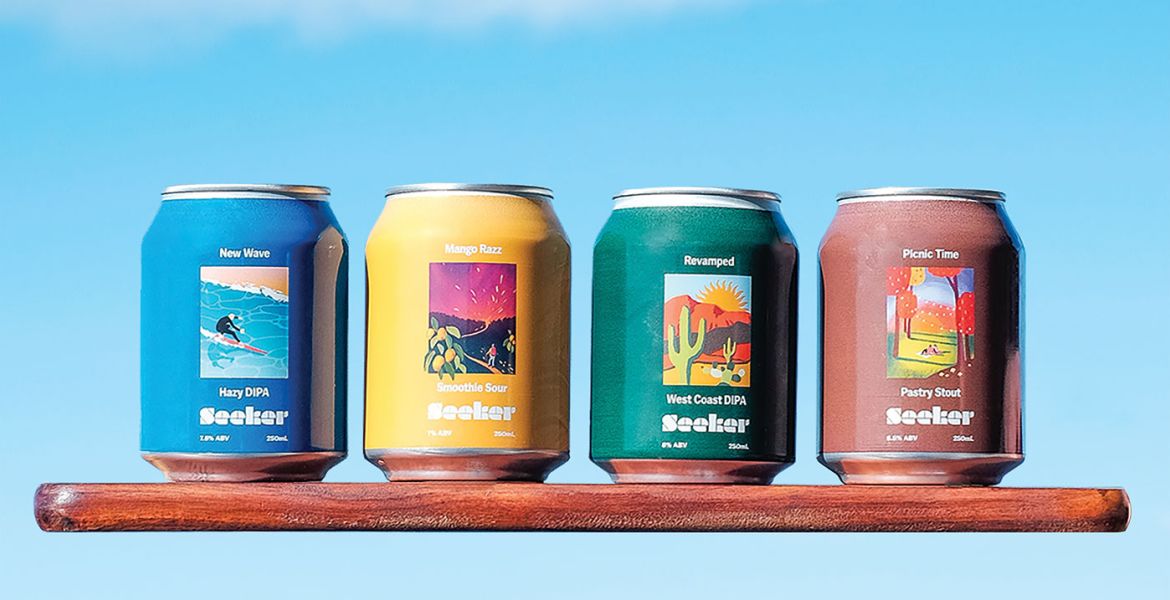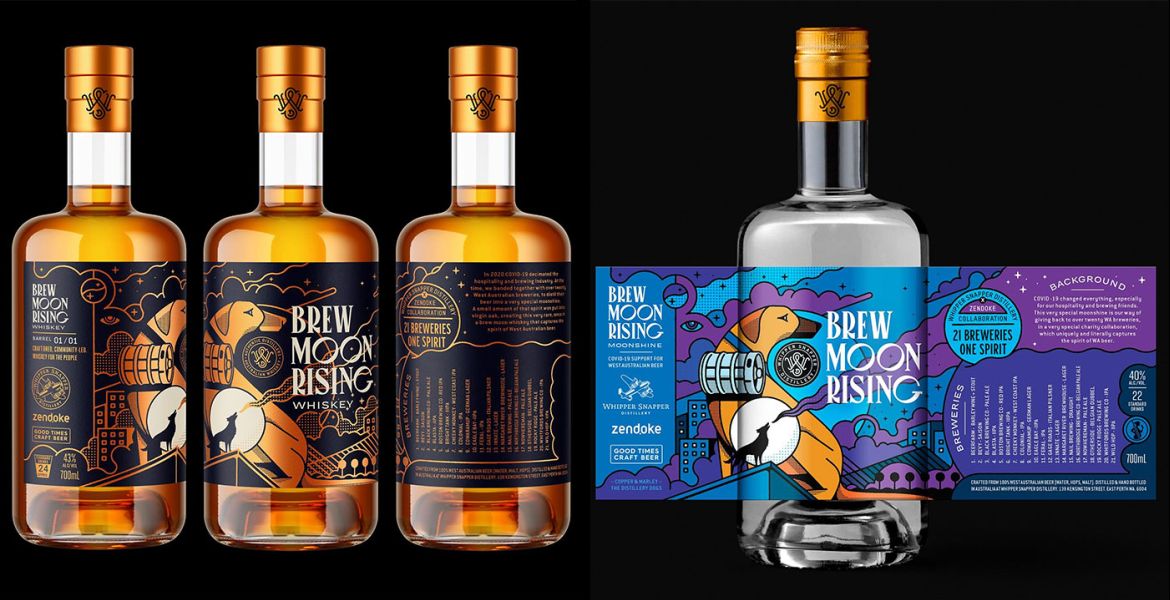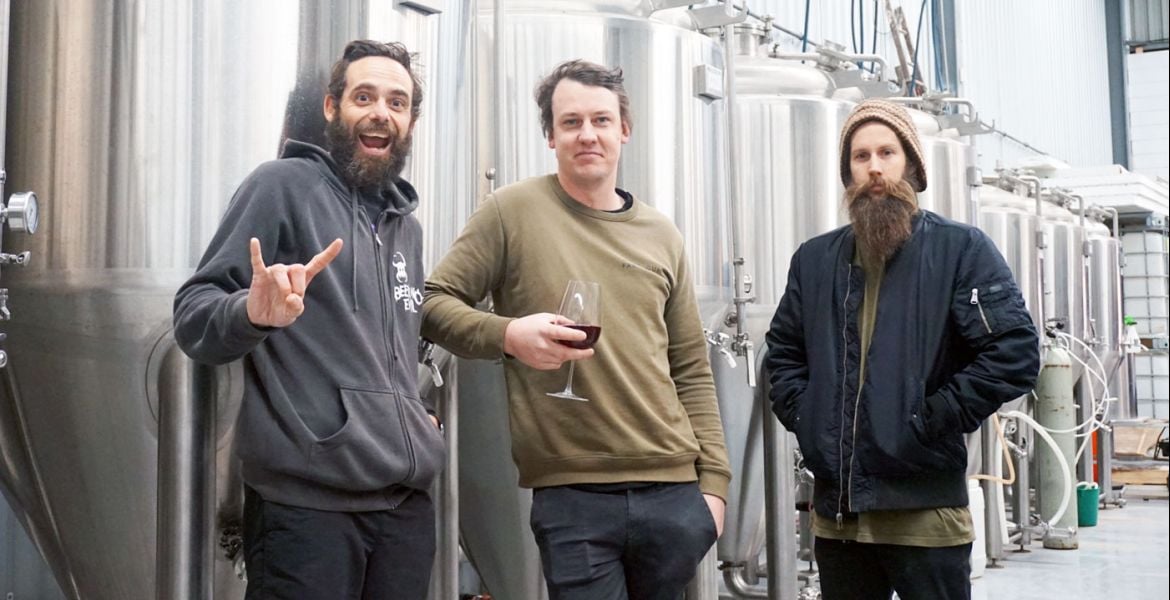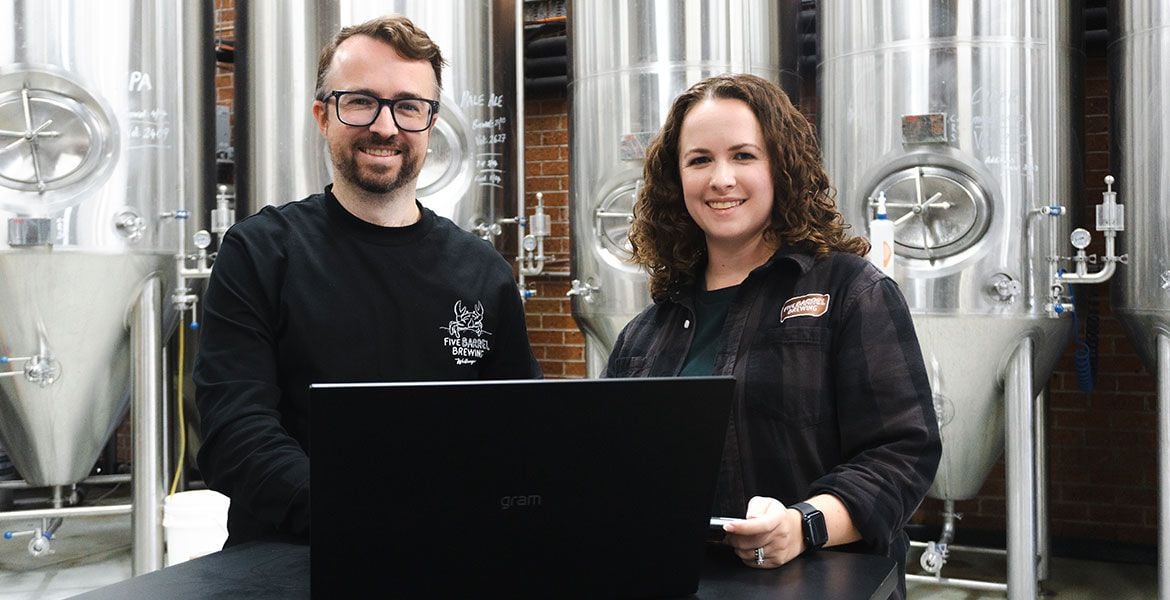Tomorrow the inaugural winner of the GABS Can Awards will be declared in a competition that shines a spotlight on how much the beer we drink – or at least how we drink it – has changed.
Four years ago, you’d have struggled to find enough quality designs on beer cans to devote an entire competition to it; four years before that, you could have counted the locally brewed craft beers in cans on one hand (those of the Australian Brewery). Yet, in the other GABS poll from earlier this year, the Hottest 100 Craft Beers of 2019, 93 out of the top 100 beers were available in tinnies.
Head back a little further and canned craft wasn’t just a rarity on these shores but in America too. This year, the pioneers of craft cans – Canada’s Cask Global Canning Solutions – have been celebrating the twentieth anniversary of the day they lit the spark that started craft beer's move from glass to aluminium.
“Some brewers thought it was clever, but we did hear from some who thought it was blasphemy,” says Marty Jones, who’s been telling the story of craft tins for as long as they’ve been a thing.
“We framed what we were doing as advocating the apocalypse and taking over the world with cans.”
In the 1980s, Cask’s main game was supplying brew-on-premise businesses – the places homebrewers turned to when they wanted to make large batches of beer and which had been growing in popularity since President Jimmy Carter legalised homebrewing in 1978.
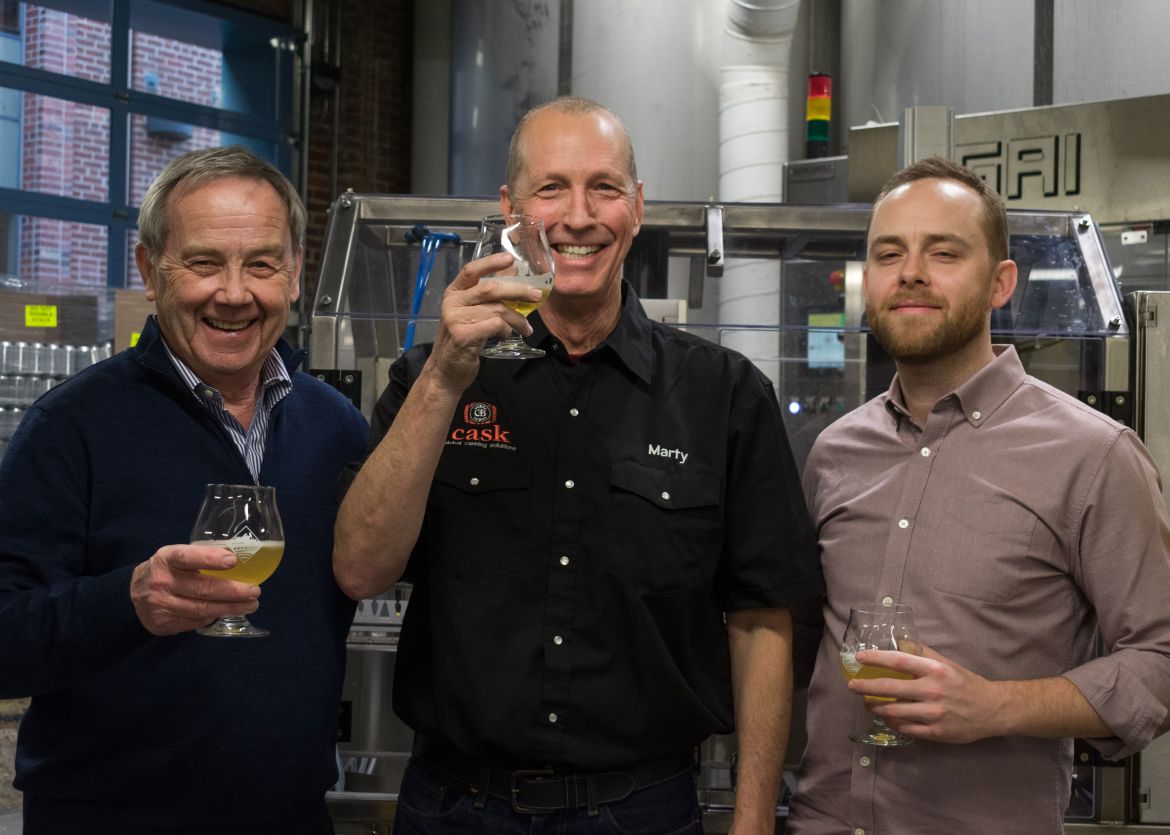
In 1999, they built a manual tabletop system so those homebrewers could get their beer into cans and they became so popular they decided to turn directly to America's craft brewers. In 2002, they took the machine to America’s Craft Brewers Conference.
It might have been blasphemy for some but for Colorado’s Oskar Blues it was an opportunity. For one, cans were a little easier for the brewery’s customers to pack into their bags as they explored the nearby Rocky Mountains. Secondly, it gave the brewery a chance to stand out from the crowd.
Realising there might be a story in canning craft beer, the brewery got in touch with Marty, who works in promotion and media for various craft beer businesses.
“Their head brewer at the time called me to see if I would help them with this crazy idea they had,” Marty says, “which was putting their beer in cans through this little tabletop machine.”
Back in those early days, Oskar Blues and Cask had a lot of work to do in overcoming traditional perceptions of beer in cans; up to that point, Marty says few beer drinkers had enjoyed positive experiences with them.
“There was canned beer everywhere but it was all mass market, not craft beer, and craft beer drinkers had the misconception that cans ruined flavour,” he says.
“Much of the appeal for us was that it provided an experience that no one had ever had before; that was the pulling of the can, that sound, that wonderful psst, and a big sniff from the hops.”
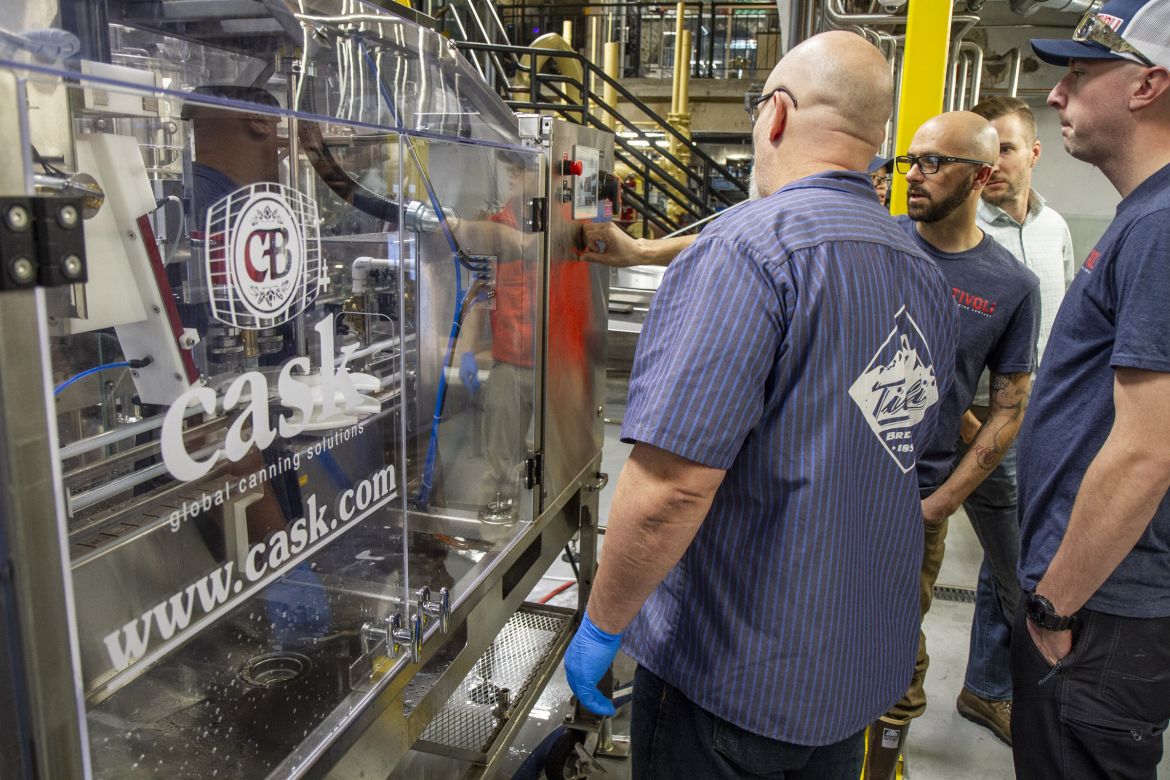
Twenty years on from building their first canning machine, the Cask team were planning on spending much of 2020 celebrating the milestone and hitting the road. The impact of COVID-19 means those celebrations have been derailed, while Cask’s president Russell Love says it's also changed the way they’ve worked to install new systems.
“We’ve completed about nearly four dozen successful virtual installs around the world during the pandemic,” he says. “I think it’s safe to say the option to have a virtual install from Cask will be here to stay."
And while virtual installs – like virtual pubs – can't fully replace the benefits of sending a Cask team member to help breweries install a new system, it does have one clear benefit: “I can also tell you that every single one of our technicians has lost weight from not being on the road two to four weeks a month and sampling pints at a new brewery,” Russell adds.
And while he says they're keen to point to their pioneering role in craft beer – “Cask is a four-generation family owned business that was founded in 1905 by my great, great grandfather – so we’re built to last.” – their eyes are set on the future too.
Russell took over from his father Peter as company president and says: “Some of the new ideas bouncing around our walls these days are downright exciting and as innovative as anything we’ve ever done."
Their machinery is being installed at Darwin’s Beaver Brewery and Pikes Beer Company this year, adding to systems they've sold to breweries including some of Australia's earliest adopters: the Australian Brewery, Colonial and Green Beacon.
“We first established a [proprietary company] in Australia back in 1992,” Russell says. “Australia has also been our largest market outside of North America for over a decade now – and my dad loves your country.”
The GABS team will be counting down the top ten in the Can Design Awards from 4.30pm AEST on their socials.



